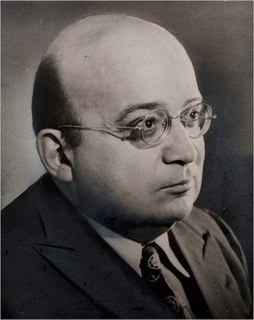A Quote by Henry David Thoreau
Every New Englander might easily raise all his own breadstuffs in this land of rye and Indian corn, and not depend on distant andfluctuating markets for them. Yet so far are we from simplicity and independence that, in Concord, fresh and sweet meal is rarely sold in the shops, and hominy and corn in a still coarser form are hardly used by any.
Related Quotes
You know they call corn-on-the-cob, "corn-on-the-cob", but that's how it comes out of the ground. They should just call it corn, and every other type of corn, corn-off-the-cob. It's not like if someone cut off my arm they would call it "Mitch", but then re-attached it, and call it "Mitch-all-together".
But carbon 13 [the carbon from corn] doesn't lie, and researchers who have compared the isotopes in the flesh or hair of Americans to those in the same tissues of Mexicans report that it is now we in the North who are the true people of corn.... Compared to us, Mexicans today consume a far more varied carbon diet: the animals they eat still eat grass (until recently, Mexicans regarded feeding corn to livestock as a sacrilege); much of their protein comes from legumes; and they still sweeten their beverages with cane sugar. So that's us: processed corn, walking.
Southern political personalities, like sweet corn, travel badly. They lose flavor with every hundred yards away from the patch. By the time they reach New York, they are like Golden Bantam that has been trucked up from Texas - stale and unprofitable. The consumer forgets that the corn tastes different where it grows.
The government will pay certain farmers to not grow corn. Wow. Where's my check? That'd be great. "Hey, what do you do for a living?" "Well, I don't grow corn. Get up at the crack of noon, make sure there's no corn growing. I'm gonna get up early tomorrow. And not plow. You know, we used to not grow tomatoes-but there's more money in not growing corn."
We're going to move from a commodity economy where you basically grow the same kind of crops - where a kernel of corn is a kernel of corn is a kernel of corn - to an ingredient economy where there will be a kernel of corn that will be designed for fuel, there will be a kernel of corn designed for livestock.
Corn is the hero of its own story, and though we humans played a crucial supporting role in its rise to world domination, it would be wrong to suggest we have been calling the shots, or acting always in our own best interests. Indeed, there is every reason to believe that corn has succeeded in domesticating us.
































